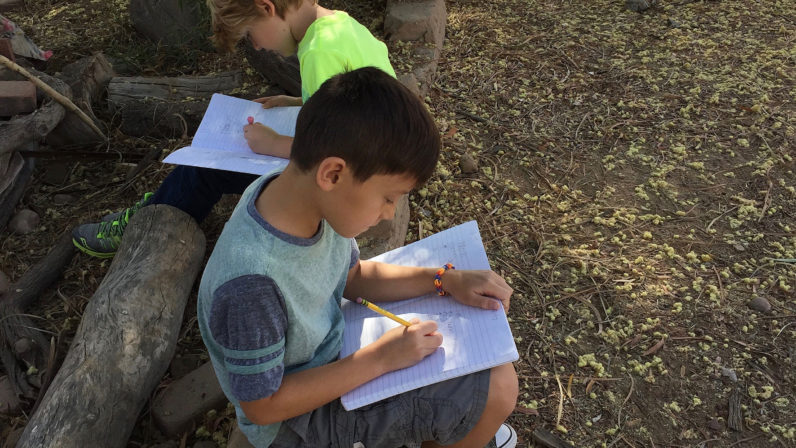Over the years, practice has altered my life. When I think of practice in my early years, sitting at the piano playing songs I didn’t want to play comes to mind. I think of laboriously practicing penmanship in 3rd grade, trying to make my left-handed cursive slant the correct way. Practice like this equaled drudgery and boredom.
When I stepped onto my yoga mat for the first time in 2003, practice took on a whole new meaning. Although I’d had a sitting meditation practice since the early 1970s, engaging the physical body added a new dimension. It was the dawning of knowing that everything in life is part of our practice. Over the years, I’ve come to see that each thought, event, or action is an opportunity to practice the lessons I’ve learned about kindness, patience, and compassion. Practice, when done mindfully, is an exercise in presence. Being fully present to whatever arises can radically change an experience. I see examples of this everywhere at the Seed.
While observing in the Toddler 1s this week, I watched one of the teachers gracefully move through her list of toddlers needing a diaper change. As she called each child over, it was a beautiful example of presence. She engaged with each student, laughing and smiling. She talked with each child, making it a pleasant experience. Instead of viewing it as a task, she transformed it into a practice that made each child feel safe and loved.
Practice was also visible in the kindergarten room during our weekly writing class. We worked on a group book called “Writers Write.” Each child thought of something writers write, wrote the words on their page, then illustrated it with a vivid watercolor illustration. The accumulation of practice was evident at every table. Children who could barely write their names or identify letters of the alphabet in August, were tenaciously trying out invented spelling to write their chosen words. Every single kindergartener is beginning to own the practice of being a writer. This is true at deeper levels for older writers who are learning how to select an engaging title, write a strong lead, or develop a satisfying ending to their narratives. As writers we talk about practice all the time. It gives us permission to try out ideas, make mistakes, and be patient when writer’s block is hanging over our shoulders.
Teaching children about practice is one of the most meaningful ways I spend my time. It helps me remember to stay with my own practices, particularly during times of transition or challenge. Practice is what keeps me grounded and steady. It offers a way forward when the world seems overwhelming. Personally, my practices include walking, writing, art, yoga, cooking, sleeping, gardening, and working at the Seed. I invite each of you to reflect on the practices that usher you through your days. Sometimes re-naming a daily task as a practice, such as washing the dishes, can shift the whole experience. Give your practice just a bit more attention, and see what arises. I think you’ll be pleasantly surprised.

